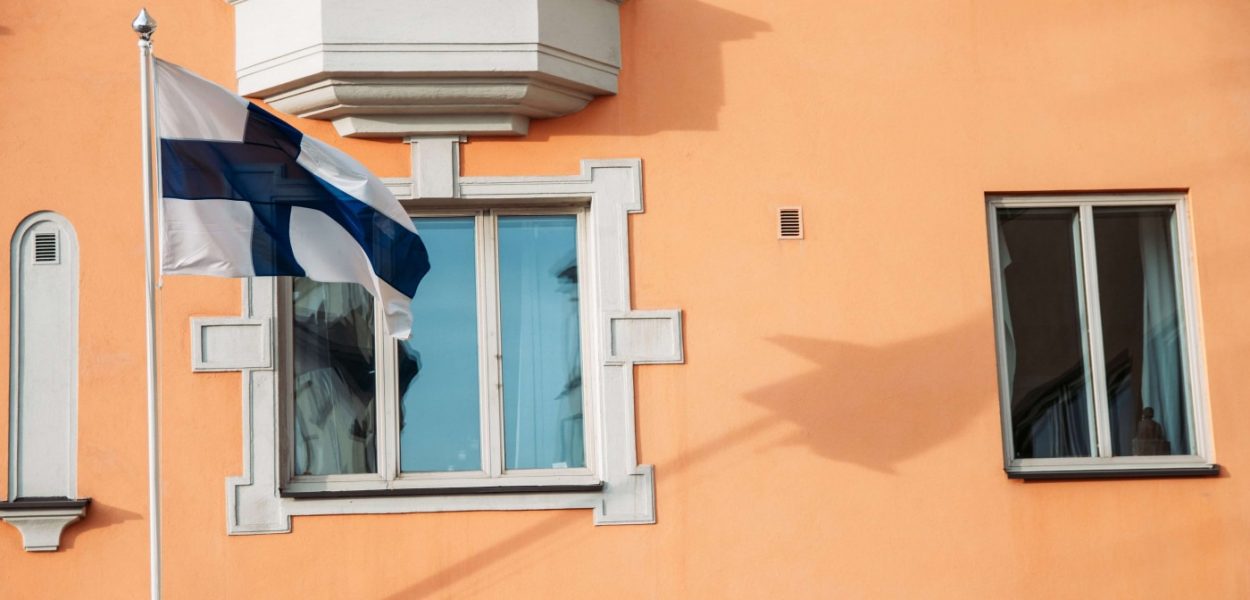Recycling incentives: the Textile Deposit pilot scheme in Lahti, Finland
The world’s first incentive-based textile recycling scheme has been piloted in Lahti, Finland, ahead of the EU requirement for all EU countries to introduce the separate collection of textile waste by 2025.
This pilot scheme aimed to see if a reward system would incentivise residents to recycle textiles — residents of Lahti were able to exchange bags of textiles for vouchers. These vouchers would apply only to local services and businesses with specific vouchers being available at special collection points. Textiles collected as part of the pilot will be processed into recycled fibres at the Lounais-Suomi Waste Management Facility in Paimio and will then be used to produce new products like insulation materials and threads.
The pilot seems to have been exceedingly successful, with recycling rates for textile waste going up by 500%. Over six collection points, the weekly quantity of textiles deposited was around 350 kilograms per collection point. This is roughly five times the 70 kg per collection point per week observed earlier in 2023, prior to the pilot scheme. Veera Hämäläinen, Communications Director for the City of Lahti, says that “The Textile Deposit has been a runaway success”, further adding that a nationwide deposit-based recycling system could “give a significant boost to the recycling rate. In Finland, we’ve seen it with bottles and beverage cans, their recycling rate is well above 90%” — Hämäläinen also questions whether similar incentives could be used across the board.
The Textile Deposit has been a runaway success
–Veera Hämäläinen, Communications Director for the City of Lahti
Lahti, the world’s fourth most sustainable city according to sustainable economy magazine Corporate Knights, and European Green Capital 2021 has a goal of being a zero-waste city by 2050. Pilots like the Textile Deposit are everyday innovations that aim to contribute to this goal. At the start of the year, Finland introduced a new law requiring municipalities to make separate collection bins for textile waste available for all residents — taking a crucial step towards a circular textile economy and Lahti’s zero waste goal. Kimmo Rinne, Development Manager at Salpakierto, a waste management company in the Lahti Region that aims to find new uses for waste and discarded textiles, states: “Our Future depends on a circular economy, but it can’t just be the consumers’ responsibility to take care of recycling. With this pilot, we want to ask what countries, cities and companies can do to help make recycling easier and more attractive to people.”
Textile recycling is an important environmental issue — the average European throws away 11 kilograms of textiles annually. Meanwhile, worldwide, a truckload of textiles is incinerated or landfilled per second. A lot of work is required to deal with these bad textile habits. In Finland specifically, an average of three kilograms of textiles per person gets incinerated annually. For a population of around 5,566,000, this means that roughly 16,698,000 kilograms of textiles would be incinerated annually. This is equivalent to about 10,500 average-sized SUVs.
Textile recycling is an important environmental issue
This pilot, alongside Finland’s high bottle and beverage can recycling rates, presents a compelling case for the future usage of incentive-based recycling schemes in Finland and beyond — acting as a case study for usage by fellow EU member states. Lahti is also running a national design competition from 30 May to 13 August, in partnership with the Sustainable Lahti Foundation, LAB University of Applied Sciences and Salpakierto. This competition aims to enhance innovation and entrepreneurship in the field and the study of the circular economy.

Comments